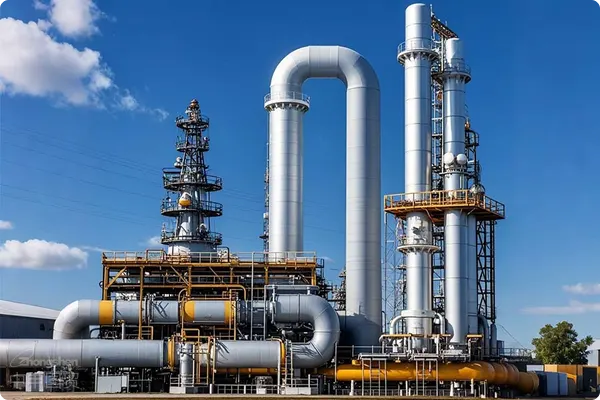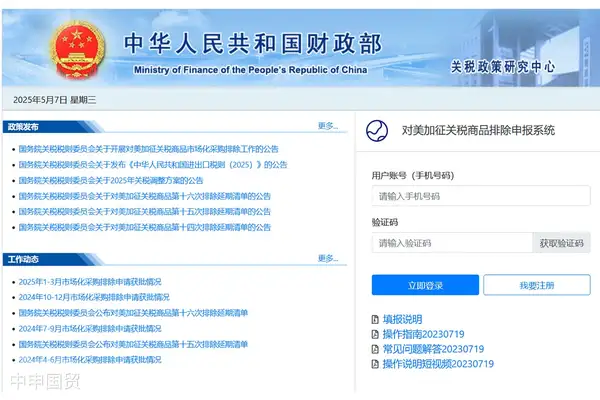- Shanghai Zhongshen International Trade Co., Ltd. - Two decades of trade agency expertise.
- Service Hotline: 139 1787 2118
Recent data released by Eurostat shows that the EU remains highly dependent on foreign energy, but energy imports declined in Q2 2024. Statistics indicate that from April to June 2024, the EU imported energy products totaling 949 billion euros in value and 1.779 billion tons in weight. Compared with the same period in 2023, the total import value decreased by 10.7%, and the net weight fell by 9.7%.

Minor Fluctuations in Oil Imports
In terms of oil, compared with Q2 2023, the import value in Q2 2024 increased slightly by 5.6%, but the import volume decreased by 2.2%. This indicates that while oil prices rose, the actual import quantity declined.
In terms of import sources, the U.S. became the EUs largest oil supplier, accounting for 15.1%; followed by Norway at 14.1%; and Kazakhstan ranked third at 11.7%. This shows the EU is diversifying its oil supply to reduce reliance on single countries.
Significant Decline in Natural Gas Imports
Imports of gaseous natural gas saw a notable decline. In Q2 2024, the EUs gaseous natural gas import value fell by 31.4%, and the import volume decreased by 9.5%. The decline in LNG was even more pronounced, with import value dropping by 41.2% and import volume by 20.2%.
For gaseous natural gas supply, Norway was the EUs largest supplier, accounting for 43.5%; Algeria ranked second at 21.6%; and Russia remained an important supplier at 15.5%. Notably, despite EU efforts to reduce reliance on Russian energy, Russia still holds a significant share in gas supply.
U.S. Dominates LNG Market
For LNG, the U.S. accounted for nearly half of EU imports at 46%; Russia and Qatar ranked second and third with 16.8% and 11.9% shares respectively. The U.S. as the EUs largest LNG supplier highlights strengthened U.S.-EU energy cooperation.
Analysis of Reasons for Import Decline
The main reasons for the decline in energy imports may include the following aspects:
- Energy price fluctuations: Changes in global energy prices directly affect the increase or decrease in import values. Fluctuations in oil and natural gas prices may lead to a divergence between import values and import volumes.
- Decreased energy demand: The EU may be promoting energy efficiency and renewable energy development, reducing reliance on traditional fossil fuels, thereby lowering energy import volumes.
- Geopolitical factors: Geopolitical events such as the Russia-Ukraine conflict may affect the EUs energy supply chain, prompting it to adjust energy import sources and structures.
EU energy diversification strategy
Faced with energy security and supply risks, the EU has been actively seeking to diversify its energy sources. Increasing imports from countries such as the United States and Norway and reducing dependence on Russian energy are part of its strategy. At the same time, the EU is also investing heavily in renewable energy to improve energy self-sufficiency.
Conclusion
The decline in EU energy imports reflects its adjustments in energy supply and demand. As global energy markets change and geopolitical situations evolve, the EU will continue to advance its energy diversification and sustainable development strategies to ensure energy security and economic stability.
Related Recommendations
? 2025. All Rights Reserved. Shanghai ICP No. 2023007705-2  PSB Record: Shanghai No.31011502009912
PSB Record: Shanghai No.31011502009912










